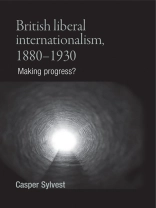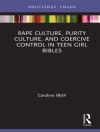This book explores the development, character, and legacy of the ideology of liberal internationalism in late nineteenth and early twentieth-century Britain. Liberal internationalism provided a powerful way of theorising and imagining international relations, and it dominated well-informed political discourse at a time when Britain was the most powerful country in the world. Its proponents focused on securing progress, generating order and enacting justice in international affairs. Liberal internationalism united a diverse group of intellectuals and public figures, and it left a lasting legacy in the twentieth century. This book elucidates the roots, trajectory, and diversity of liberal internationalism, focusing in particular on three intellectual languages – international law, philosophy and history – through which it was promulgated. Finally, it traces the impact of these ideas across the defining moment of the First World War. The liberal internationalist vision of the late-nineteenth century remained popular well into the twentieth century and forms an important backdrop to the development of the academic study of International Relations in Britain.
表中的内容
List of figures
Acknowledgements
List of abbreviations
1. Introduction
Part I – Beginnings
2. Victorian liberalism and the roots of liberal internationalism
Part II – Languages
3. Legal evolution and the redemption of international law
4. Philosophy and internationalist ethics
5. Liberal internationalism and the uses of history
Part III – Traces
6. Into the twentieth century
7. A postscript
Bibliography
Index
关于作者
Casper Sylvest is Associate Professor at the Department of Political Science and Public Management at the University of Southern Denmark












